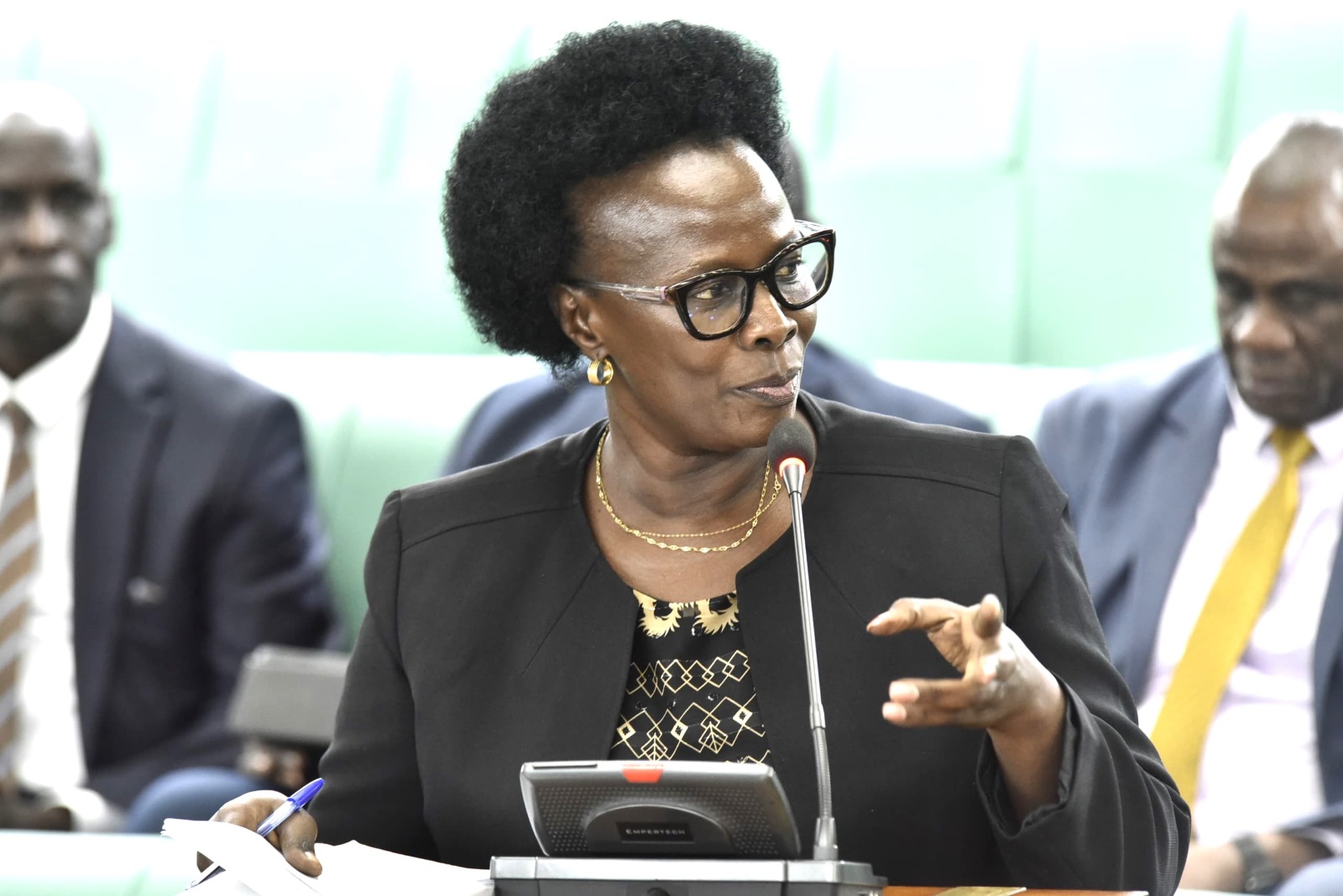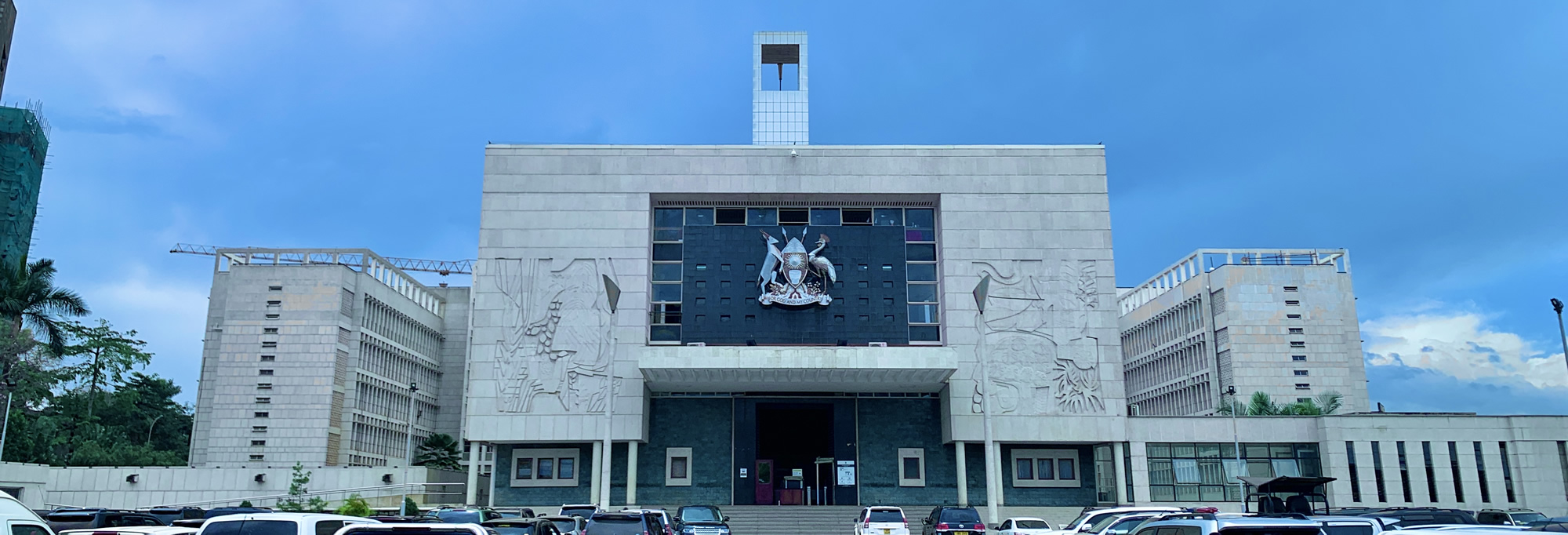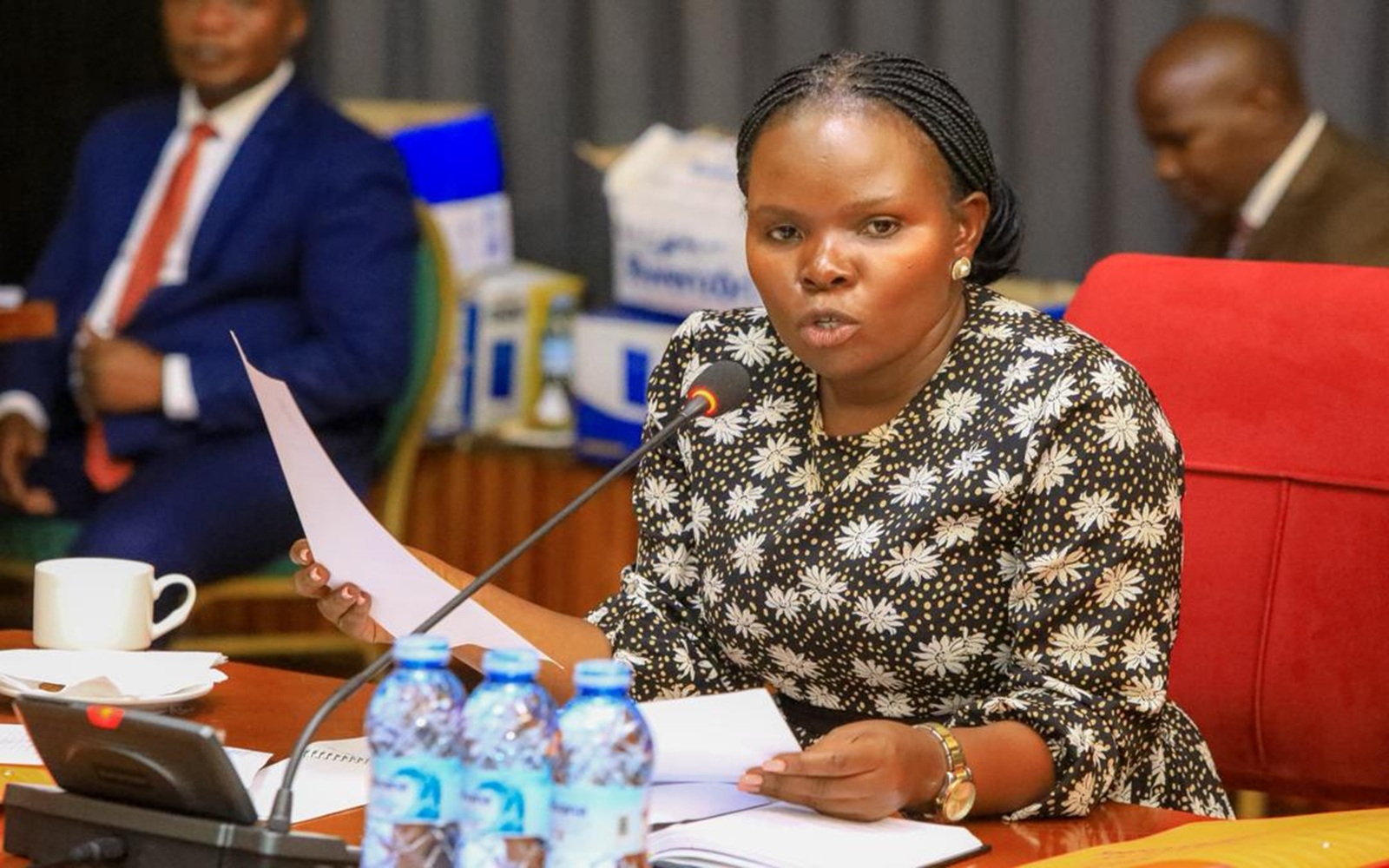Employers will be required to conduct annual health and safety audits, the Occupational Safety and Health (Amendment) Bill, 2023 passed by the House has directed.
The Bill expands the scope of the principal Act enacted 18 years ago, catering for safety and health related issues at the workplace and is cognisant of the emerging employment trends at workplaces not catered for under the Occupational Safety and Health Act, 2006.
“There is a rise in risks related to lifestyle at the work place for instance long hours of sitting and mental illness, so there is need to have occupational health services to monitor the health of workers,” said Hon. Faith Kunihira, the Chairperson of the Committee on Gender, Labour and Social Development.
Kunihira was presenting the committee’s report on the Bill during the plenary sitting chaired by Speaker Anita Among on Wednesday, 12 February 2025.
The Bill imposes a duty on an employer to hire a Safety and Health Officer and establish a safety and health committee charged with establishing and enforcing measures to prevent exposure to hazards.
“The committee observed that the current law does not have a provision obligating an employer to provide occupational health services for workers such as counseling, body fitness activities and stress management aimed at their wellness and mental health management,” said Kunihira.
She explained that employers will be required to Inform a worker of any health hazards involved in his or her work and the health arrangements that have been put in place to protect the worker.
“This is in addition to conducting a pre-assignment medical examination on a worker, and a medical examination upon termination of employment which exposed the worker to danger,” said Kunihira.
The health and safety audits will enable employers to come up with relevant first aid package and prevention of occupational diseases and disease outbreaks.
“Every workplace will assess its workforce to determine their first aid needs, that is what the health and safety audits will do, to be able to determine the first aid kit at a workplace,” said Hon. Hope Nakazibwe (NRM, Mubende District Woman MP).
To minimise the increasing rate of accidents related to the workplace, the new law requires training and certification of machine operators considering that most of workplace accidents reported in 2024 were as a result of untrained machine operators.

“In last year’s report out of 1,000 accidents we had, 997 were caused by untrained machine operators. The use of apprentices to run machines should stop, they come to learn not to operate,” revealed Hon. Balaam Barugahara, the Minister of State for Gender, Labour and Social Development (Youth and Children Affairs).
The Deputy Attorney General, Hon. Jackson Kafuuzi, said he was hopeful the two years’ penalty for use of untrained machine operators will crack a whip on employers.
“The obligation is on the employer to hire people who know how to run machines, we are expanding the scope to include other machines such as the Crane since the principal Act talks about only one equipment,” he said.
MPs asked the Minister of Gender, Labour and Social Development to urgently formulate regulations to guide implementation of the new law, saying the cabinet often delays to issue out regulations.
“Workplaces keep on changing, these are matters that can be effectively handled under regulations because they are circumstances; when it comes to certain timelines circumstances may change,” said Hon. Asuman Basalirwa (JEEMA, Bugiri Municipality).
Hon. Aisha Kabanda (NUP, Butambala District Woman MP), proposed that the regulations should be tailored for each industry and should be regularly updated.
“Suppose new machinery is procured, there will be new hazards - circumstances may change that may require the employee to update his staff on the new hazards. The regulations therefore will specify how often an employer should update his workers on the new hazards,” Kabanda said.





